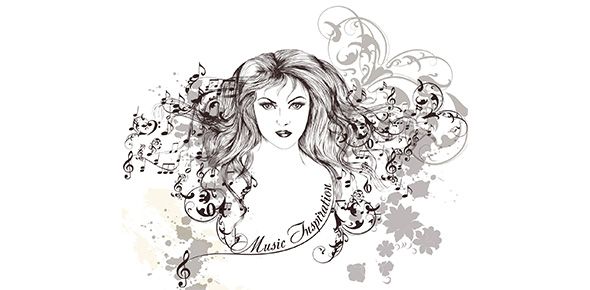Related Flashcards
Related Topics
Cards In This Set
| Front | Back |
|
What are the three themes of this book?
|
Crime control in a constitutional democracy, decision making in the criminal justice system, and research and criminal justice policy.
|
|
What is constitutional democracy?
|
Balancing community security and individual liberty.
|
|
How do you define the criminal justice system?
|
As a series of decision points and decision making in the government crime control agencies.
|
|
Describe the Criminal Justice Structure
|
There are three major crime control agencies: police, courts, and corrections. The parts of the criminal justice system consist of the public agencies of crime control(^) at three levels of government(local, state, and federal). So, there are local, state, and federal law agencies; local, state, and federal courts; and local, state, and federal corrections agencies.
|
|
What is the hydraulic effect?
|
It is the compression of discretion at one point in the system causes discretion to pop up at another point. It is the shifting from one agency to another
|
|
What is formal decision making?
|
Formal decision making is "by the book." It is decision making according to written rules. Is open to public view(arrest, court proceedings), and formal decisions are published, or at least known to the public. The rules come from several sources: 1. US and state constitutions, 2. Statutes(written laws) created by the U.S. Congress, state legislatures and and city council, 3. Court decisions of state and federal courts. 4. Manuals and written policies of courts and crime control agencies
|
|
What is informal decision making?
|
Also called discretionary decision making, it operates according to the judgements of criminal justice professions guided by their education, training and experience in the field. Their decision making is low visibility and are not published.
|
|
What is legitimate decision-making criteria?
|
It is characteristics for decision making that produce legal, fair, and smart decisions. They include: 1. the seriousness of the offense, 2. the dangerousness of the offender. 3. the amount and quality of the facts in the case. and 4. The relationship of the offender to the victim
|
|
What is discriminatory decision-making criteria?
|
It is characteristics that infect decision making to produce illegal, discriminatory, unfair decisions. These include: 1. Race(mostly blacks and whites) 2. Sex 3. Age and 4. Class
|
|
What are the four models of criminal justice?
|
1. Criminal Justice "wedding cake" 2. Criminal Justice "funnel" 3. Crime Control Model and 4. Due process model
|
|
What is the wedding cake model?
|
The wedding cake model depicts a process in which criminal justice officials decide how to deal with cases according to their informal discretionary definition of "seriousness." The seriousness of the charge, past criminal record of the offender, relationship of the victim to the offender and strength of the prosecution's case determine the difference between real crime and "garbage." 4 Tiers of a wedding cake: At the top: Celebrated cases(felonies), 2nd down: Real Crimes (felonies), 3rd down: Ordinary felonies, and bottom: Misdemeanors
|
|
What is the funnel model?
|
The funnel model shows how decisions made at each stage in the criminal process sort out those people who shouldn't go further from those who should continue.
|
|
What is case attrition?
|
Case attrition is where at each stage, the numbers of people in the system shrink as they're sorted out of or into other parts of the formal system.
|
|
What is diversion?
|
Diversion is transferring individuals in the system to other agencies for alcohol and other treatment or family counseling programs.
|
|
What is case mortality?
|
Case mortality is the view that every case would end in conviction and punishment if it weren't for "technicalities," incompetence, soft hearted judges, or even corruption.
|






